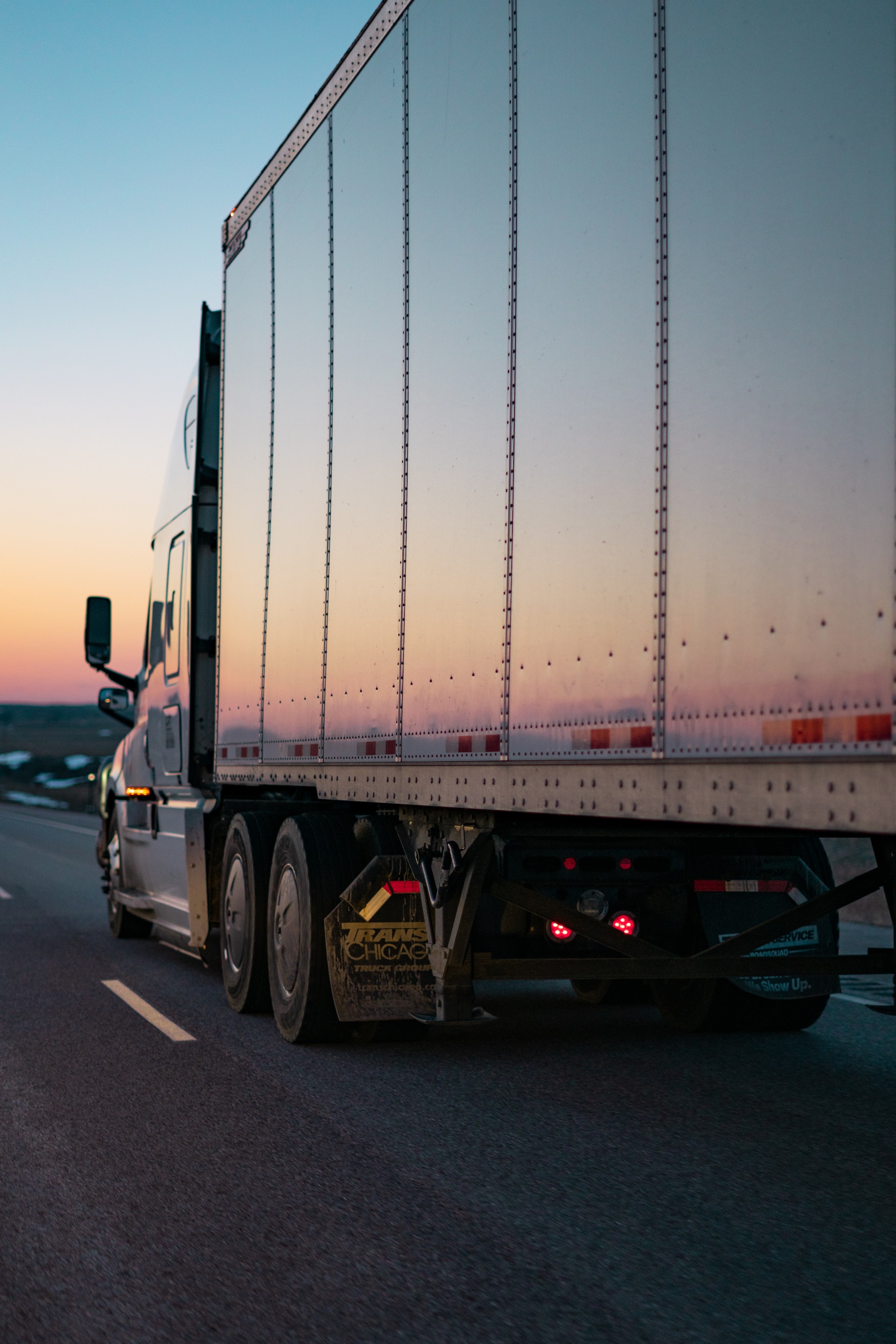
Upcoming Challenges for Owner-Operators
The trucking industry is the backbone of America's economy, with over 700,000 owner-operators making up a significant part of the industry in the United States in 2024 according to various reports. But could the EPA’s upcoming regulation put in jeopardy the livelihood of the majority of these owner-operators?
EPA's Phase 3
In March 2024, Phase 3 of the EPA's stricter limits on greenhouse gas emissions was finalized. Created to set new standards on truck emissions, the regulation aims to reduce the transportation sector's environmental impact by pushing the industry towards cleaner technology.
If the phase is passed in June, companies will have to begin shifting their operation methods by 2027 and be in full compliance by 2032. Trucking companies and owner-operators will have to comply with a wide range of changes to ensure they do not exceed the emission limits.
Owner-Operators' Burden
New regulation often leads to high-cost expenses to meet the requirements. Although these expenses will be rewarded with tax credits to aid with the cost recovery of new technologies, the transition remains a substantial challenge for owner-operators. Here's how the key changes could make or break them:
- Buying Cleaner Trucks: The initial cost of purchasing new trucks equipped with advanced emission control technologies, such as battery electric or hydrogen fuel cell systems, is significantly higher than traditional diesel trucks. "The up-front costs are a major concern," said Todd Spencer, President of the Owner-Operator Independent Drivers Association (OOIDA). "Many small operators might struggle to afford the new compliant vehicles, even with federal incentives".
- Charging and Refueling Infrastructure: Adapting to new fueling and charging infrastructure will be essential. This includes installing or accessing charging stations for electric vehicles and refueling stations for hydrogen vehicles. However, the infrastructure is not yet widespread, posing logistical challenges. "The lack of sufficient charging and refueling infrastructure is a critical hurdle that needs to be addressed to make this transition feasible," highlighted the American Trucking Associations (ATA) in their response to the EPA's proposal.
- Operational Adjustments: Changes in operational practices, such as route planning to account for charging or refueling needs, will be necessary. Understanding the range limitations of new technologies will also be crucial for efficient operations. "These adjustments require significant planning and could potentially lead to downtime and lost revenue," noted industry expert Chris Spear, CEO of the ATA.
- Maintenance and Training: Owner-operators will need to invest in training for themselves and their staff to handle the maintenance and operation of these advanced systems, ensuring efficient and effective use of new technologies. This additional training represents both a time and financial burden. "Maintenance of advanced technologies requires new skills and knowledge, which could be challenging for independent operators to acquire," explained a recent report by the EPA.
While the Phase 3 standards are designed to bring long-term benefits, including improved air quality and public health, they pose significant challenges for owner-operators who form the backbone of the trucking industry. The success of these regulations hinges on the industry's ability to adapt and the support systems put in place to aid this transition.
The EPA's Phase 3 regulations represent a pivotal shift towards a cleaner and more sustainable future. However, for the 700,000 owner-operators in the United States, these changes bring a heavy burden. The high costs of new compliant trucks, the need for new infrastructure, operational adjustments, and extensive training are formidable challenges. How the industry navigates these challenges will determine whether these regulations will indeed make or break the independent truckers who keep America moving.
As the EPA Phase 3 regulations approach, it's crucial for owner-operators to stay ahead of the curve. To help navigate these changes, consider partnering with 10 Speed, a leader in providing solutions for the trucking industry. Book a demo with 10 Speed today to explore how their advanced technologies and expert support can help you adapt to the new standards efficiently and cost-effectively. Don't let the new regulations put your livelihood at risk—take proactive steps to ensure your success in the evolving landscape of the trucking industry.
David Jordan Guerra
Logistics Market Researcher
I strive to keep myself informed by understanding the latest information involving the diverse world of the logistics industry.

